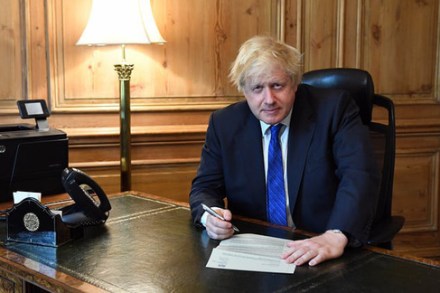Why ministers are reluctant to change face mask guidance
‘Will the public be asked to wear face masks in public?’ This is a topic of debate today for the government’s SAGE committee of scientific advisers. Although the government dismissed the idea early on in the coronavirus pandemic, many other countries have since changed their own advice in support of them (read Dr John Lee’s analysis of the medical evidence here). Chief scientific adviser Patrick Vallance has recently suggested they could play a role in stemming infection: The evidence on masks is much more persuasive for masks stopping you giving it to somebody than it is for preventing you catching it. We have a review ongoing at the moment on the evidence




















